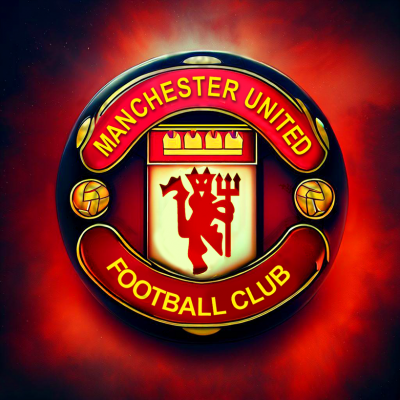Ruben Amorim’s side has won consecutive league games for the first time under his tenure. While it’s easy to scoff at this, it is an important milestone in terms of consistency.
A big issue since he was appointed has been the team’s difficulty in maintaining performances. Not only from game to game, but also within games. Manchester United have shown flashes of promise and intensity, only to fall to pieces when things get tough. The performance against Sunderland was competent and steady. The Liverpool game was chaotic, but an away win against the champions, regardless of their struggles, can’t be sniffed at. More to the point, both games saw United put in effort for the full 90 minutes, and that has become a rarity.
The question now is: Can Amorim’s United maintain this level?
There are definite positive signs. First, Senne Lammens has made a big difference. He looks the part. Has a commanding presence in the box, and a level of calmness that has been sorely lacking. People can laugh at the crowd applauding him catching a cross, but this is the type of keeping that allows defenders to trust the man behind them.
Defensively, the team has been better too. The back three seems to be developing an understanding of their roles. Matthijs de Ligt is showing some consistency. Maguire is suited to a back three, and Shaw is looking like a solid player as well. So much so that Martinez will struggle to get back in the starting 11. Yoro is another player that looks like he’s learning his new role, and has youth on his side.
The wing-backs are a bit of a mixed bag. Amad is building an exciting partnership with Mbuemo on the right. Dorgu, however, is still prone to pushing too high up the pitch, and Dalot just can’t cross the ball. The symmetry on the right is not developing on the left, and this might take a bit of time.
Up top, Mbuemo is doing exactly what he should be doing. He’s tricky, creative, strong, and always looks to have a goal in him. Cunha probably needs a bit more time to figure out his role. He worked well centrally against Liverpool when given a bit more freedom to drift. However, on the right he often gets drawn towards the ball. Sesko has started well too, and I think will improve as the season goes on. Mount has been an unexpected bonus because he’s astute enough to add an extra body in midfield when Bruno goes roaming. An injury free season will really show his value.
Midfield is the obvious weak point. Casemiro has done a better job adapting to his limitations. He is sitting deeper, and getting a better grip on how to position himself in ways that don’t allow his lack of pace to be exploited. Still, he can’t help himself diving into needless tackles, and isn’t capable of lasting a full game. The problem here is that Ugarte is not good enough. We are a worse team with him in it, full stop. With Bruno there are positives and negatives. Playing deeper has given him licence to dictate play, and he isn’t a terrible defender. But, his positioning remains a big problem. He wants to be where the action is, and can’t help himself pushing forward when we’re attacking. As the City and Brentford games illustrated, this can leave us wide open on the counter. Mainoo is a sad case. I think he has the potential to be a more rounded player in Bruno’s role. But Bruno is the captain, our most creative player, and is never injured. By pitting Mainoo against Bruno for a starting spot, Amorim hasn’t really given the lad much of a chance to establish himself. Personally, I think Mainoo should be working to take Casemiro’s spot, but the manager doesn’t seem open to that either. I expect him to look for a loan again in January because he wants to be starting games.
Last, Amorim has shown a touch more pragmatism in the last two games. Against Sunderland, he seemed happy for us to manage the lead in the second half. There was discipline in formation that helped see the game out. In the Liverpool game, starting Mount and Cunha over Sesko was a smart move. Mount gave us an extra body in the middle, and Cunha dragged their defenders further up the field. However, this pragmatism may not be enough to stop an opponent exploiting our midfield weakness by playing a counterattacking low block. This will make or break Amorim’s chances of keeping the job in the long term. Can his system adapt to opponents that invite United forward by staying deep and compact defensively, and exploit mistakes to launch quick counters?
I think this question will be answered during the months before Christmas. We’ll see if Amorim has turned the tide, and if his system is flexible enough to beat teams that set up to exploit its weaknesses.


